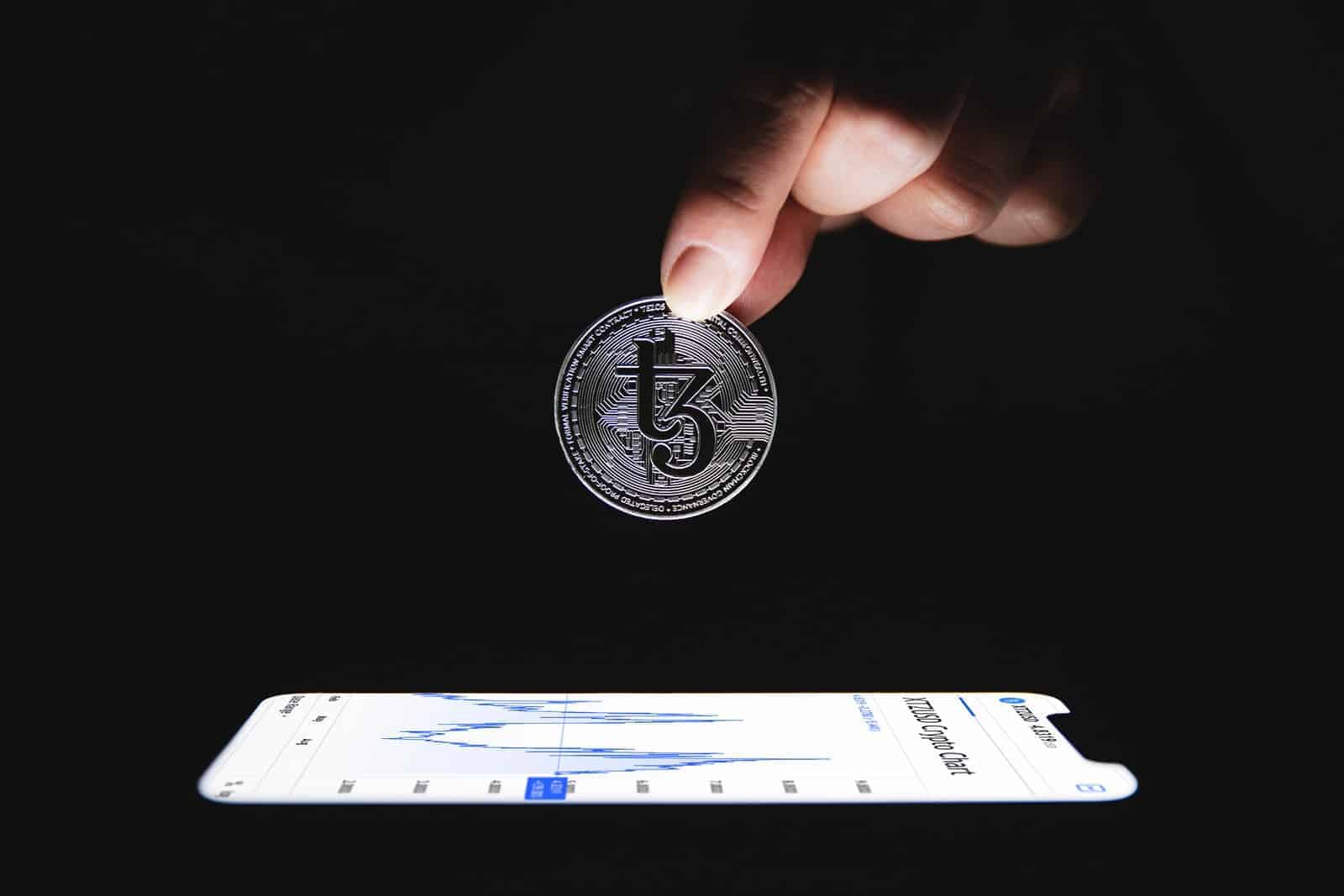
Investor’s Guide on How to Choose a Bitcoin Wallet
How to Choose a Bitcoin Wallet
Investment in bitcoins is a lucrative way to multiply your money and maximize ROI. Once you invest in bitcoins, the next challenge is to pick a bitcoin wallet to safeguard your investments.
Choosing the right digital wallet for you can feel like an uphill battle, especially if you are a first-time investor. One wrong move and you risk losing your bitcoin assets.
What is a Bitcoin Wallet?
Similar to how you use a traditional wallet, digital wallets are used to store your digital money, like bitcoin cryptocurrency.
Unlike paper currency, it saves the transaction details in your digital cash. A bitcoin wallet keeps track of the public and private keys needed for trading Bitcoin. Digital wallets can be something as simple as a USB drive, a phone app, a website or even a cryptocurrency exchange service
Do I Need a Bitcoin Wallet to Trade?
Trading bitcoin doesn’t mean you need to have a personal digital wallet. Several bitcoin exchange sites provide options to store your digital assets in wallets they manage. It’s practical because it minimizes the possibility of losing the data you need to utilize your crypto. In fact, some actually offer incentives to store your bitcoin on their system.
However, even though exchanges claim to make efforts to protect their customers’ funds, they might potentially be key targets for hackers because of the quantity of cryptocurrency at stake. Therefore, a bitcoin wallet is a highly-secured, sophisticated and safe option to buy and sell bitcoins.
Popular Types of Bitcoin Wallets
Bitcoin wallets are available in various types, each with unique advantages and setbacks involving trading convenience and security. Regardless of the type of digital wallet you choose, security must be your key concern. It is essential to safeguard your wallet with strong passwords and keep it confidential.
The two main types of Bitcoin wallets are hot and cold storage wallets. The subtle difference between the two lies in pricing and security concerns. Let’s take a look at each a little closer:
- Hot Storage Bitcoin wallets
Hot storage bitcoin wallets are the quickest option to send and transact bitcoins for free. As these wallets require a direct internet connection, speed is super-fast. The security risk is significantly less but the chances of online theft are pretty high. The good news is that bitcoin exchange companies are coming up with advanced anti-crypto crime capabilities to make the wallet more reliable and secure.
Among hot storage options, you have even more choices including desktop, mobile, and web wallets. Let’s look into these a bit further.
- Desktop Wallets. Desktop wallets are installed on your computer and store all of your digital assets. You have complete control over your assets using a desktop wallet. However, security is solely your duty and you’ll need to back up your wallet frequently. If you use a desktop wallet, make sure you have an antivirus installed in your system to keep it safe from malware attacks.
Examples of established desktop wallet providers include: Trezor, MyCelium, Ledger, Exodus, and Electrum - Mobile Wallets. Mobile wallets are smartphone applications that let you safely store your Bitcoin assets in smart devices. Mobile wallets for iOS and Android devices are the most convenient for face-to-face transactions and QR codes enable speedy transactions. You’ll be accountable for backing up your device, just like with desktop wallets, to protect your digital cash from damage, theft, or loss.
Examples of established mobile wallet providers include: Jaxx, Breadwallet, Exodus, SamouraiWallet and MyCelium
- Web Wallets. Web wallets are browser-based wallets that can be used on both desktop and mobile devices, but they don’t give the same level of control as traditional desktop or mobile wallets. Web-based wallets are offered from cryptocurrency exchanges like Coinbase and brokerages like Robinhood.
Examples of established mobile wallet providers include: Binance, Coinbase, GreenAddress, Xapo, and Rahakott
2. Cold Storage Bitcoin Wallets
Unlike the hot storage bitcoin wallets, these wallets come with a cost. Generally, the pricing starts at $60 and goes up to $200. In terms of security, it offers high reliability and is often preferable compared to hot wallets. Having no internet connectivity makes this wallet less convenient to use.
Examples of established mobile wallet providers include: Ledger Nano X, KeepKey, Trezor Model T, Elliptical Titan and CoolWallet Pro
Top Considerations When Choosing a Bitcoin Wallet
When selecting a Bitcoin wallet, you need to be as aware of it as you are of your traditional wallet. Your digital wallet contains your private and public keys, which, if compromised, can mean financial ruin. Let’s explore some of the key factors to consider when choosing a bitcoin wallet.
- Security
If your device gets into the wrong hands, your wallet should have top-of-the-line security. By default, your wallet should require authorization to open it every time you use it. Unlocking your wallet with a PIN is convenient, but it can be cumbersome if you use it frequently. Face or fingerprint recognition is integrated into some more popular wallets, offering high-level security and simplifying access.
- Reputation
Because it’s conceivable for a wallet to have built-in security weaknesses due to faulty design, the importance of reputation and credibility is a key factor in choosing your bitcoin storage. It is always advisable to choose a reliable company and double-check the company’s online presence as well as its background. Bitcoin Reddit, and the Bitcoin.com Forum are excellent platforms to check on bitcoin wallet reviews.
- Private Keys Accessibility
Private keys for Bitcoin addresses are randomly generated 12 or 24-word passwords, and each Bitcoin address has its private key (passphrase). Anyone possessing an address’s private key has complete authority over the bitcoin that is linked to that address. This means, if you’re using a wallet that doesn’t give you access to your private keys, you’ve left the security of those assets in someone else’s hands.
The Final Verdict
Choosing the best bitcoin wallet to trade depends on your trading needs. If you are a consistent investor, using a mix of hot and cold wallets can help you achieve peace of mind. An example in practice is using hot wallets for swift exchanging and purchases and saving cold wallets for safeguarding bitcoin stores.
Regardless of your choice, bitcoins are notorious for their high volatility, so it is important to treat them like any other financial investment. Invest wisely.







